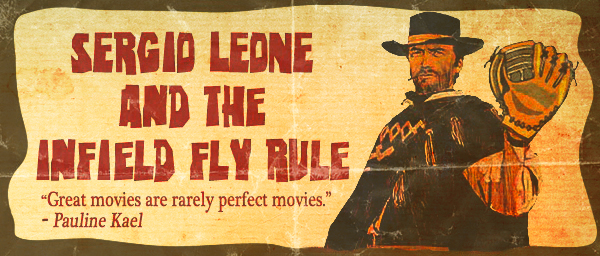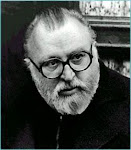ON HIS 18th BIRTHDAY
Dear Charlie,
I wish I could say, as many do during the years that pass
after a profound loss, that I sense your spirit with me every day, the ethereal
sense of you misting my thoughts and
influencing my actions. But the truth is, 18 years after what was not your
birth, I feel your absence so much more emphatically than I do your presence.
And not just in these dark and lonely days of late summer, when it becomes so
much more difficult to remember the things worth memory than to forget the
shattered remnants of a life that could have been.
One of the questions your mom and I used to wrestle with all
those summers ago was, why? Why did we have to go through the months of
excitement and anticipation of your arrival, only to have you snatched away
from us by some random abruption of biology? And since what happened wasn’t
something at all preventable, the only answer I could come up with that made
any sense to me at the time was that we lost you because the conditions by which your death
occurred were all within the realm of the possible. It happened because it can
happen.
In his book Divinity
of Doubt: The God Question, which I reread this summer, Vincent Bugliosi, a
very smart guy who I wish you could have encountered for yourself, went a step
further than my own attempt to calm the waters with reason. “Why do we have to
die? Why can’t God let us live forever?” Bugliosi wrote. “Shakespeare said that
‘every person owes God a death.’ But Shakespeare didn’t stop to ask himself why
death was a debt we all had to pay. If he had, the answer could not have been a
good one.”
These are really good, pertinent questions, and the
awareness of their implications raised by this impertinent, audacious writer has stoked my
anger, of course, but also offered a strange sort of comfort—I’d much rather
believe in random chance, and in a return in death to the sort of endless quiet
and emptiness that seems analogous to the state we’re in before we’re born and have
become conscious, than in a God who could be so indifferent to suffering, who,
as Bugliosi points out, has created death using the ravages and circumstances and
horrors of life as an agent for the
delivery of oblivion, who is content in his plan to have us all snuffed out,
regardless of where we may or may not end up in the afterlife. (“I am the one
who kills and gives life.” – Deuteronomy 32:39.)
Bugliosi himself died this past summer, Charlie, so either
he now knows the answers to these questions, and the many others he posed in
his angry, salient and fascinating book or, as I suspect is probably the case,
he no longer has the conscious capacity to care.
As for thoughts of you, I try to keep moving forward— what else
is there to do? Yet as more and more years keep being deposited in the gap
between that day and this day, the
creeping conviction that I’m not really getting anywhere becomes harder and
harder to refute, that black hole in my heart where you should be now more
difficult than ever to ignore. Perhaps the saddest thing to realize, since we
never had the chance to be anything else to each other, is that the pain of
losing you has become what you are to me, Charlie. But is that really, given
the options, such a bad thing? Maybe it’s time to embrace that pain, to take it
with me rather than dread it or try to avoid it, in order that I’ll continue to
sense your presence, for as long as I have left here anyway, even though I know
you’re not really there.
Sounds like a plan. So then we shall travel together and
share company, you and me, Son. And as I dedicate myself anew to remaining
present and engaged and a source of love of support for your mother and your sisters, I will
also try to remember that the ache in my chest at the thought of you is actually
something to treasure, the only thing I have left from a sorrowful summer I
wish had turned out much differently than it did, and I will welcome it as I
would the snugness of your arms around me, the heat of your cheeks, the sight
of the smile on your face. As the man in the white suit once so famously said, “Here’s
lookin’ at you, kid.”
And now, where shall we go next?
Love, Daddy.
***************************************************





















No comments:
Post a Comment